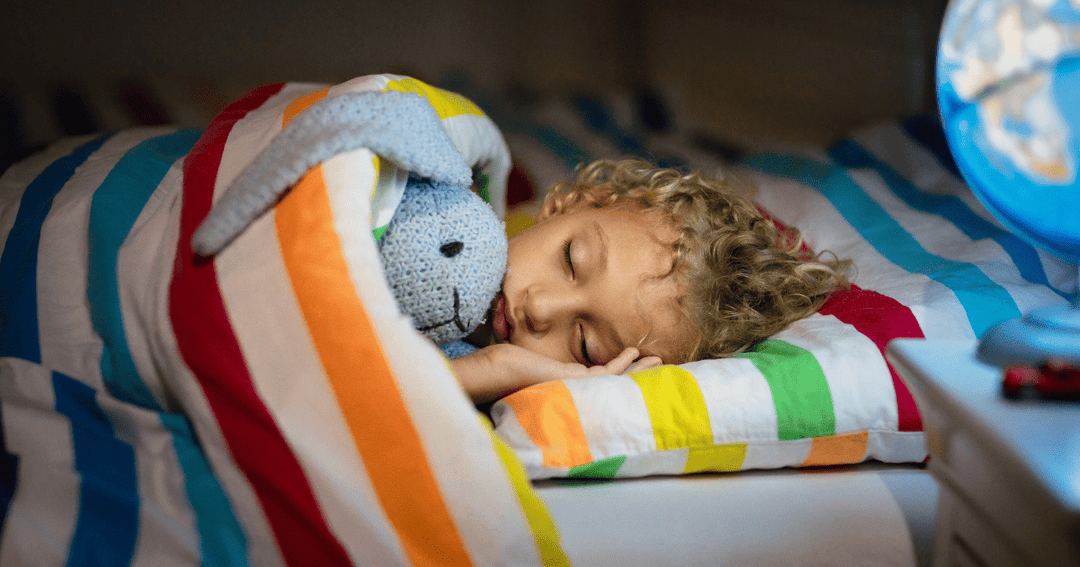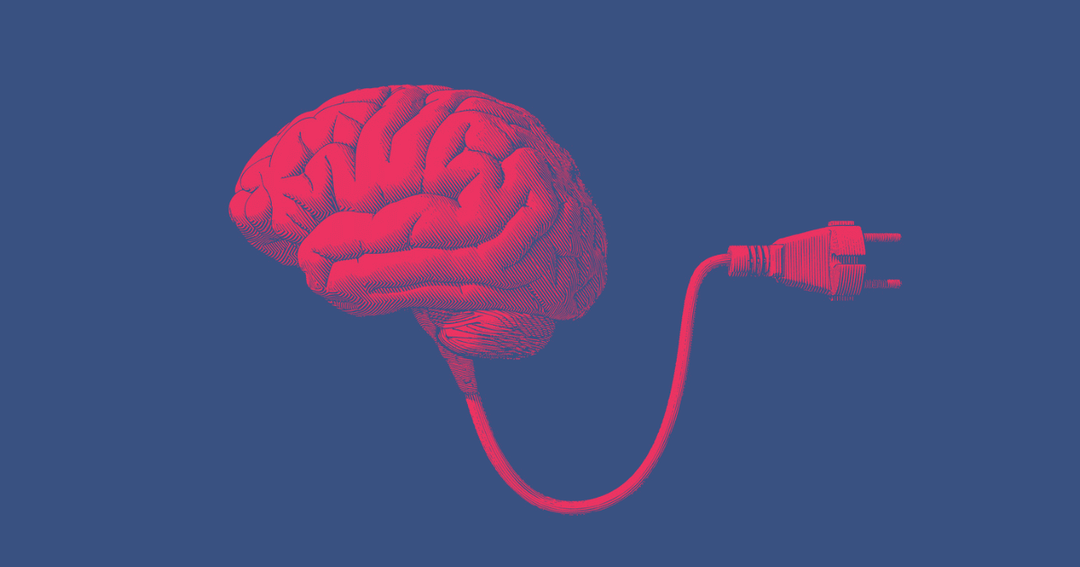Mental Health and Sleep

We have long known that good sleep is paramount for mental health, but what does that look like in today’s world? The pandemic years led to a spike in insomnia cases and general worrying, and it took a toll on our mental health.
However, COVID-19 also ushered in the era of remote and hybrid work, and that’s a trend that seems to be sticking. So, what does working from home (or wherever you like) mean for our sleep and mental well-being?
A new survey shows that hybrid work leads to employees sleeping longer and taking better care of their health. However, the same was not found for those that are 100 percent remote, which has been shown to have negative effects on the body and brain.
Everyone knows that fully in-office work can drain your leisure time and make it nearly impossible to undertake caretaking tasks (especially when long commutes are involved).
According to the findings recently published by International Workplace Group (IWG), the ideal work schedule is a hybrid one so you can get all the benefits of both remote and in-office environments. Not only were hybrid workers sleeping longer, but they were also eating healthier and spending more time focusing on well-being.
The Sweet Spot for Sleep
The study included 2,000 hybrid workers in Britain, who overwhelmingly said they were sleeping more compared to the pre-pandemic years. In fact, they’ve averaged 71 extra hours in bed per year. Those hours are usually happening in the mornings. Plus, these workers enjoyed 4.7 hours of exercise per week compared to 3.4 hours per week before the pandemic.
Seventy percent say they have more time with this schedule to make healthy breakfasts and cook foods rich in nutrients during the workweek.
According to one of the authors:
There is no doubt that hybrid working has facilitated some major health benefits. A balanced diet, physical activity, and good-quality sleep are the bedrocks of a healthy lifestyle, and this data suggests that each is more widespread due to the extra time afforded by a hybrid working model.
Also Read: Why Sleep Deprivation Can Lead to Serious Health Issues
One of the natural side effects of this lifestyle contributed to 27 percent of these workers losing weight since the onset of COVID-19. Most say this is thanks to healthy meals and more exercise.
Sleeping on Mental Health
However, it’s not just weight loss that’s common with these healthier hybrid lifestyles. When you can prioritize sleep and fitness, your mental health is going to improve. Sixty-six percent of participants say they have “good” mental health because of their hybrid work environment. Plus, a whopping 81 percent report having more time to spend with non-colleagues on things like health and wellness (such as friends, family, and personal trainers).
The CEO of IWG says, “Offering hybrid working is such an important and easy way for businesses to put their employees first by freeing up their time and giving them greater control over their schedules.”
There is a myriad of mental health conditions that may be managed with lifestyle changes (such as hybrid work) and natural solutions like Sip2Sleep®. Avoiding long-term use of medications to manage mental health is a goal for many, and focusing on sleep hygiene and fitness is a must.
Also Read: Insomnia as a Mental Illness?
This can be made a lot easier with a hybrid work schedule. However, a well-executed hybrid plan is going to take solid coordination. You still need the benefits of in-person socialization and team-building, so make sure you don’t steer into strictly remote territory.
Nick Bloom, the Stanford economics professor who has spoken prolifically on what work today looks like, says the ideal setup is where everyone comes in on the “anchor days” and everyone stays home on home days.
Adding Sip2Sleep® to Your Schedule
A good bedtime routine is also essential for falling asleep quickly and staying asleep. This means winding down at least two hours before bed and avoiding all screens at this time (including checking work emails or scrolling through reels). A warm bath, a stroll around the neighborhood, and reading a book in bed are all great ways to cue the body about it being time for sleep. Drinking Sip2Sleep® instead of a nightcap can be an easy-to-add addition to such a routine.







